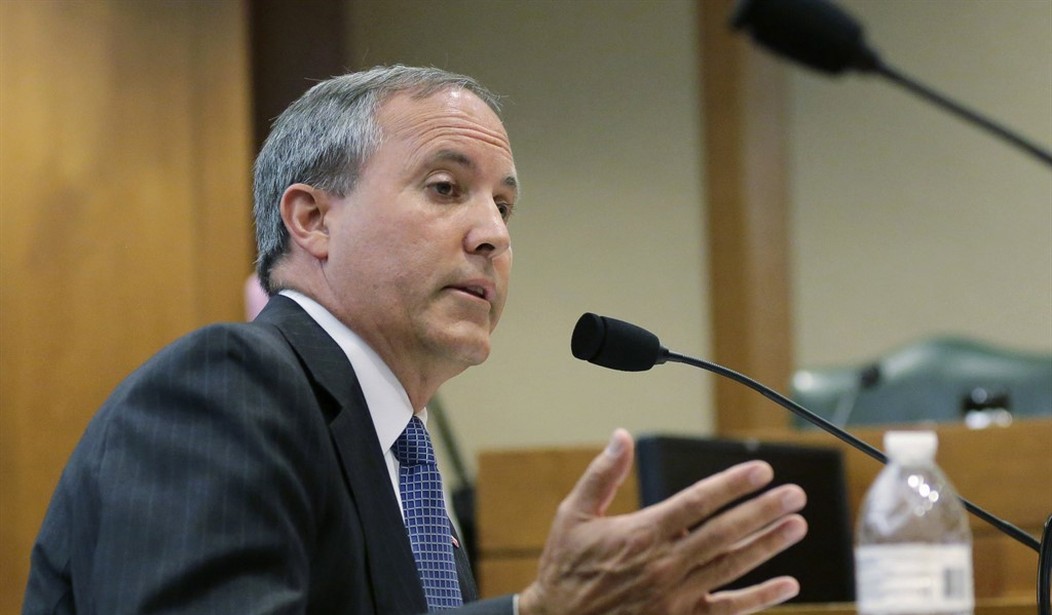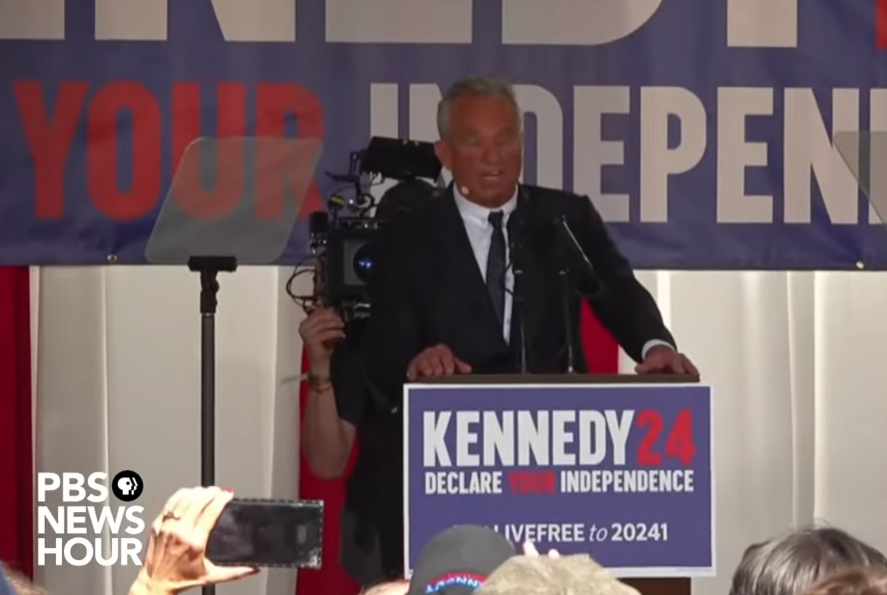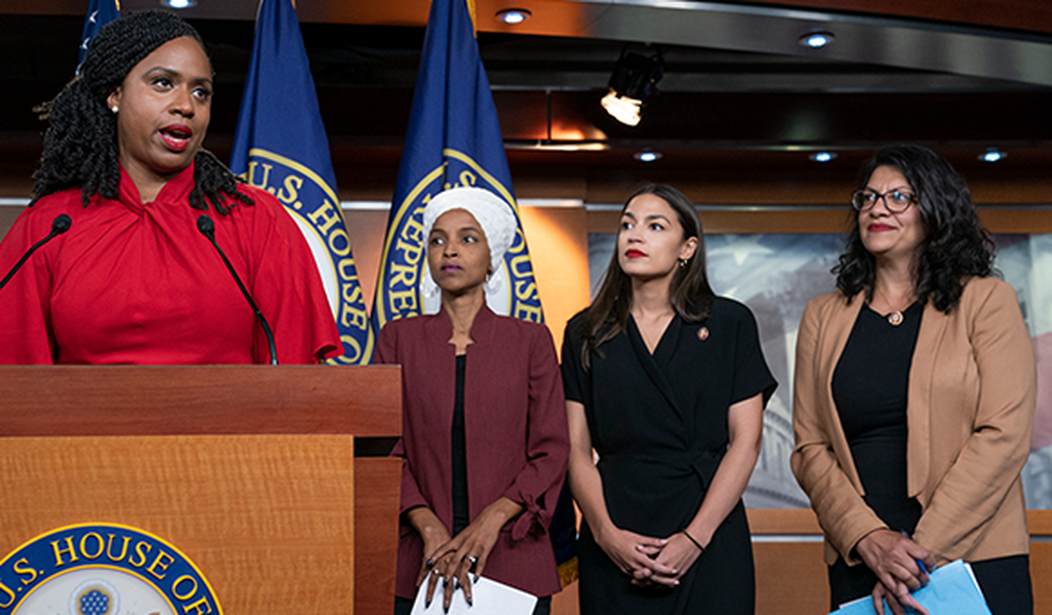In Ukraine, politicians tell us that we are on the side of the angels. They say we are helping the victim of completely unprovoked, naked aggression. In this narrative, not only are we the good guys, but we are doing something good for ourselves: weakening Russia, a rival power, on the cheap. We do this by sending Ukraine mountains of money and obsolete armaments, while using Ukrainian conscripts as proxies to do the fighting. Unfortunately, the chief consequence is that more people will die on both sides as we artificially prolong the doomed Ukrainian defense.
World War II began with the Japanese bombing of Pearl Harbor. The Global War on Terror arose from the 9/11 attacks. But what have the Russians done to us? Why are we supposed to want them dead?
The establishment answers that by helping the innocent victims of an irrational aggressor we are being true to our values. Hawks deploy this rhetoric when a war lacks any direct connection to our national interests and does not arise from an infringement on our sovereignty.
A Dubious Idealism
I question whether anyone believes in the idealism justifying American aid to Ukraine. I did not hear many politicians or commenters saying we should have intervened in the recent Azerbaijani-Armenian War, even though it resulted in the ethnic cleansing of the unlucky Armenians. I also have not heard the neoconservatives say we should be arming the belligerents in Ethiopia, where the war over separatist Tigray has apparently cost more lives than the Ukraine conflict.
In these cases, even though intervention would have been far less costly than Ukraine, and even though both were arguably cases of aggressors and victims, there would be no realpolitik motive driving our involvement. This self-serving motive is partially concealed in the case of Ukraine through ubiquitous, idealistic rhetoric.
I wrote before the war started, “For a nation to go to war, that war must be just. That means it must be necessary, a last resort, and have some reasonable chance of success. An American war with Russia over Ukraine has none of these characteristics, just as the wars in Iraq, Libya, and Syria were each lacking some important element of justice.”
Proponents would say all the blame for the current war lies with Russia. But this argument does not really withstand scrutiny. In every war, both sides believe they are right, have divergent views of recent and ancient history, focus on harm done to their group and downplay the harm they do to others, and otherwise lose all empathy and perspective.
This is the nature of war, and the record is no less murky in the case of Russia and Ukraine. Wars only stop when one side is annihilated or when each side is willing to give something up, often grudgingly, in exchange for peace.
The Myth of the “Good War”
During World War I, advocates made similar charges against Germany and its Kaiser as those now directed towards Russia and Vladimir Putin. Yet very few people would take such a moralistic view of World War I today. With the benefit of historical perspective, we can see that war fever and jingoism were important catalysts for World War I, both in Europe and the United States. Many important lessons can be drawn from that war, but this chapter of history has been almost completely forgotten and eclipsed by World War II.
In modern myth, World War II was more than a justifiable or necessary war, but rather it was a “good war.” This episode formed the ideological foundation of the post-war American Empire. As America went from empire to the sole superpower in the 1990s, hagiographic works such as Flags of Our Fathers and the Greatest Generation reinforced nostalgia about the national unity and moral clarity of our participation in World War II. Even 75 years later, World War II remains the common rhetorical touchpoint for advocates of American military action overseas.
Rhetoric about aggression and appeasement surrounds this interpretation of World War II. The argument, which we have all heard many times, is that a feckless West did not act soon enough to stop the Nazi menace. Rather, Europe tried to appease Hitler, but this only made him stronger. Instead of strengthening a unified West, America selfishly avoided the war and its rightful role as leader of the free world until the Pearl Harbor attack forced our entry into the war.
Dithering and appeasement were no mere foreign policy mistakes, but gravely immoral, because they enabled widespread atrocities, including the Holocaust. Nonetheless, we redeemed ourselves by leading the allies to victory and assuming a leadership role in the postwar order.
This argument has a few holes in it. While German atrocities during World War II are undeniable, they almost all took place during the war, particularly after the German invasion of Russia. In other words, speeding our entry into the war would not have necessarily prevented the Holocaust or any other atrocities.
Moreover, the moral calculus justifying the war in order to prevent atrocities conceals the element of cost. World War II was a true world war. It spanned two theaters, and, in the course of the war, 60 million people died. The 6 million Jewish victims of the Holocaust constitute a grave crime against humanity, but the human cost of the war as a whole was substantially larger. World War II’s 60 million dead included many tens of millions of civilians, as well as millions of morally blameless conscripts on all sides.
Neoconservatives believe that wars are often a “good thing” and that peace is not a worthy goal, especially to the extent peace may require negotiations and appeasement. But this interpretation only persists because of widespread ignorance about the enormous cost of World War II to every nation and people participating in it.
Are We Idealists or Machiavellians?
Pervasive, moralistic rhetoric about America’s leadership role in the world and the “rules-based international order” cannot be fully squared with the Machiavellian idea that we should arm Ukraine because killing Russian soldiers is a positive good that enhances America’s relative power in the world.
For starters, even if one devalues Russian life, a lot of Ukrainians are also dying in this war—likely an order of magnitude more than the Russians. It is hard to know for sure how many have died on either side, but there is evidence that the numbers are truly staggering.
Sadly, the public does not seem particularly bothered by the mass death we are fueling. I think a lot of this indifference flows from very heavy-handed propaganda and the fact it does not affect us directly. We don’t know, and the U.S. media does not seem particularly curious about, how many people are dying.
Confronting some of these deaths would have a salutary effect on public opinion. In the first few months of the war, photos of dead soldiers, along with their passports and military documents, became common in the back alleys of the internet. Each side’s Telegram channels posted the others’ body counts, frequently alongside gruesome images of the dead.
Although it was not gruesome at all, one image really haunted me. In a collection of a fallen Russian soldier’s documents, there were some hand-made cards and love letters from his girlfriend. The cards were unironic and wholesome, a window into a young life and the purity of young love. He died at 23.
There have been many thousands of such men on both sides—fathers, brothers, husbands, and sons. These were European men, almost all Christians. They all had something to contribute to this world, and their losses are all felt gravely and deeply by their loved ones and communities. Their deaths mean something.
Earlier this week, critics recoiled at the gleeful mocking of a Brooklyn man, who was stabbed to death in front of his girlfriend. Most of the mocking suggested he deserved it because he was a soft-on-crime leftist. His political views were, indeed, repellent, but having dumb beliefs should not be a capital offense. Respect for the dead and their eternal souls used to be universal. This kind of mockery is ultimately very degrading to the speaker and in extremely poor taste.
It is similarly morally indefensible to celebrate the mutual mass slaughter of Ukrainian and Russian conscripts for some abstract “balance of power” concept or the luxury pursuit of maintaining America as the “sole superpower.” Far from making us safer, these attitudes, common among the foreign policy elite, make us less safe, not least because they cause us to be hated by much of the world.
If we want our country to be safe and to be powerful, we should start on the firm foundations of justice and respect for peace, human life, and other nations’ sovereignty. I do not have a pacifist bone in my body. But war should be a last resort, whether undertaken by us or a proxy. War is not something to be casually pursued and gleefully cheered on by politicians comfortably residing in the back pockets of the military-industrial complex.
When Max Boot, Lindsey Graham, and Nikki Haley cheer on American aid as the “best money we have ever spent,” it is obvious they forgot to account for the costs to their own souls and our nation’s moral compass when the goal of this aid is to kill people who have done us no harm.








